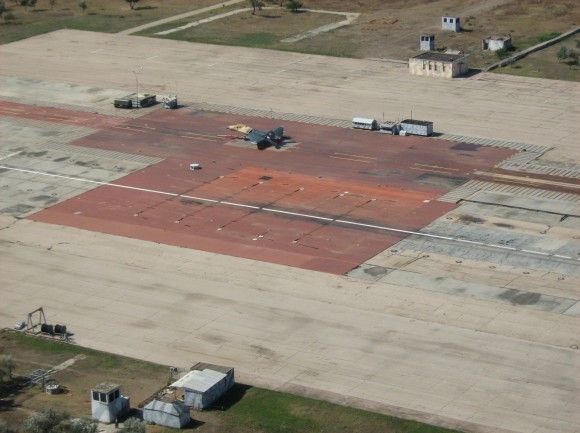- WIADOMOŚCI
Poland in Space 2015: Defence and Cooperation - POLSA’s Priorities
During the “Poland in Space” conference, General Lech Majewski, the Polish Space Agency’s Vice-President, dealing with the defence area, presented the vision for development and priorities for POLSA, that are to be pursued in the subsequent years. According to the plans, Polish Space sector is going to be competitive, within the global dimension. Moreover, it is going to provide Poland with independence, both within the scope of access to the data gathered by satellites, as well as within the scope of usage of this type of information.
One of the important elements of the assumptions that were undertaken, includes the tasks that are going to meet the needs of the Polish Armed forces, above all within the scope of implementing the national strategy pertaining the development of the space sector, with consideration given to the needs related to defence and security. These goals are going to be the main focus points for the analysis of development in the sphere of the space technologies, including the “dual-use” technologies, created both in order to meet the needs of the civilian market, as well as for the purpose of military applications, defined within the framework of the armed forces modernization programme.
Polish Space Agency is also willing to achieve synergy of operations, within the scope of realizing the Army’s needs between the Ministry of Defence, industry and the research institutions. The armament industry is also to receive development support within the scope of the space technology, already desired by the armed forces. One of the tasks placed in front of POLSA is - according to General Majewski - defined as using the satellite capabilities within the international organizations, NATO in the first place, along with the European Union. Mechanisms should be established to regulate the exchange of the sensitive data with the foreign and supranational subjects.
Read more: Space Challenges For Poland. “In Need of A National Strategy”
In 2015 POLSA plans to publish a feasibility study for three initiatives. These projects include SAR (Synthetic Aperture Radar) radar imaging system, along with the situational awareness system architecture, with the latter suite taking into account a subsystem for observation and tracking of space objects. Both aforementioned systems are to be used by the Army, security services, crisis management systems and the economy.
Third of the feasibility studies is going to be related to the UV satellite which is to be used for examining the photometric variability of the objects in space, detectable both in the UV, as well as in the visible light spectra. The project is planned to be realized only by the Polish industry, and it is to fill an important global gap, within the scope of UV research.
Read More: Poland in Space 2015: UVSat Sattelite Concept
Among other long term projects, POLSA also lists preparation of a feasibility study for the future prospective space technologies, including a transponder for a telecommunications satellite, and an IT system for observing the Earth, within the scope of the Copernicus programme pursued by the European Commission. General Lech Majewski, during his speech, also described the POLSA’s plans, the aim of which is to create a partnership between science, industry and the public administration, above all within the scope related to the realization of important European Space Agency’s / European Union international programmes, such as Horizon 2020. In order to realize the goals above, Polish Space Agency is going to develop the initiatives involving the Polish industry and scientific organs, within the area of creating next generation Galileo, EGNOS, Copernicus or satellite communications systems.
Read More: POLSA Wants To Act As An Intermediary Between Industry And Science












